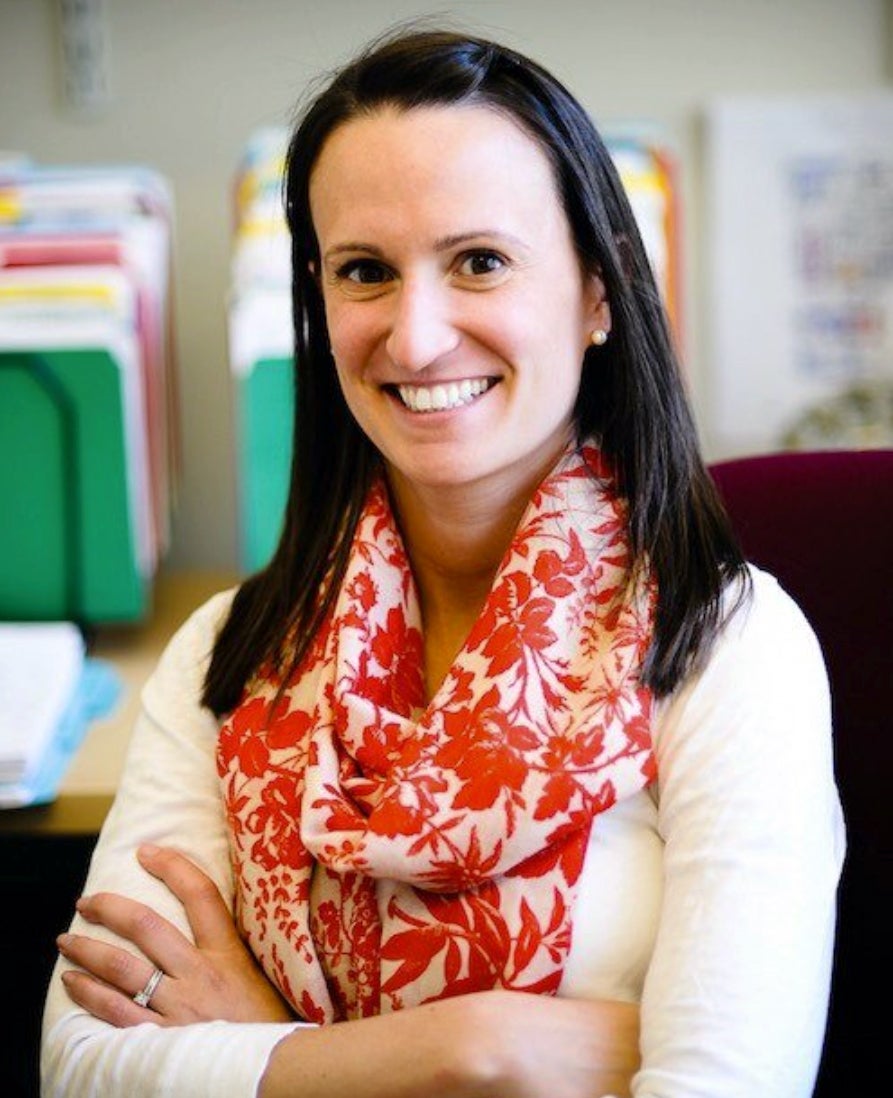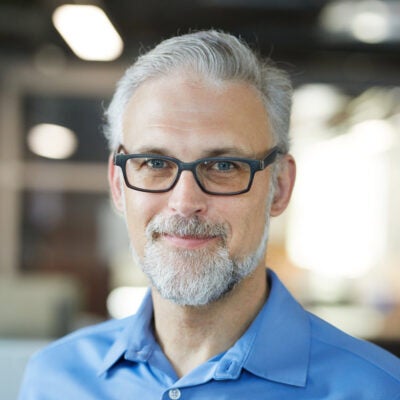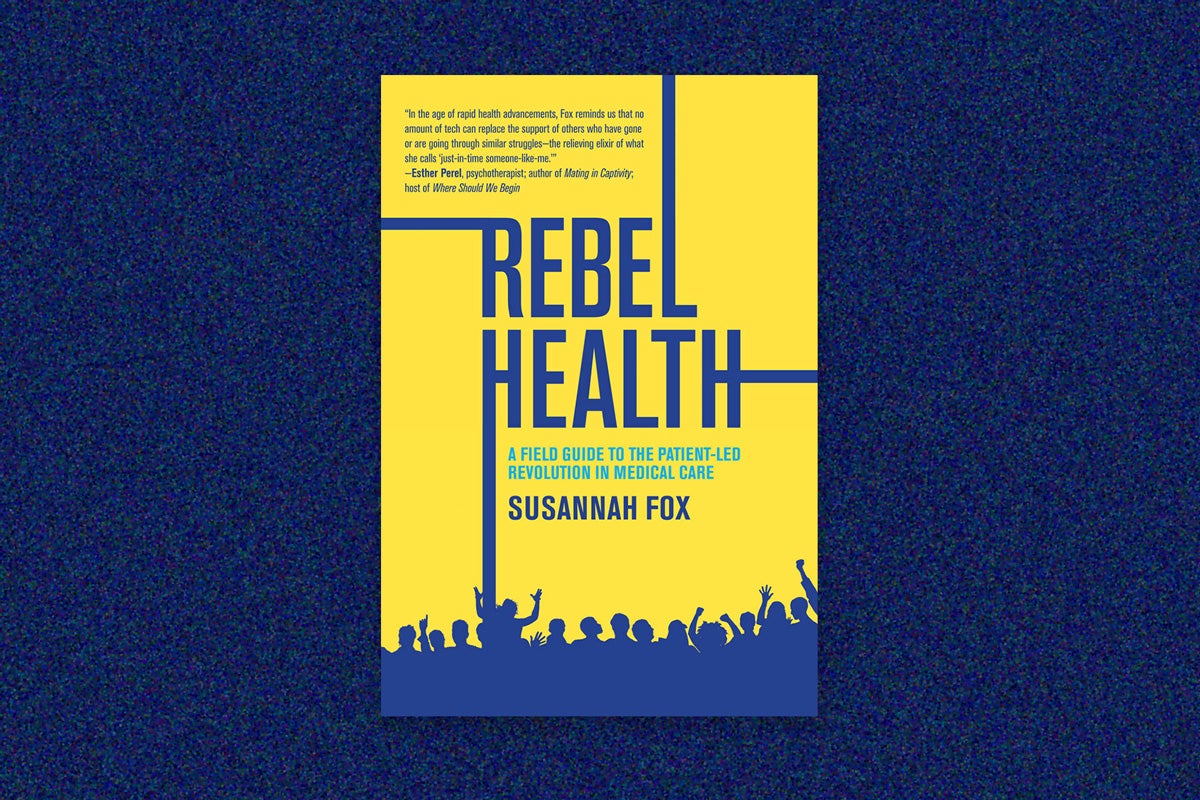People
Making the switch from stability to startup
In the early months of the pandemic, Rachel Wilson wanted to find a way to help fight it off. As chief operating officer of a prominent healthcare system, her career experience made her a natural fit at CIC Health, a public health startup co-founded by Cambridge Innovation Center’s Tim Rowe and Dr. Atul Gawande.

In September 2020 she joined the nascent public benefit corporation (a for-profit company with the added responsibility of generating social and public good), helping its effort to improve access to and accelerate results of COVID-19 tests. Back then, existing labs were taking 7-10 days to process COVID-19 tests, a timeframe Wilson calls “clinically meaningless.” The company later added providing COVID vaccines, and has been effective enough that Wilson and Rowe were named to the Boston Globe’s Tech Power Players 50. But with the pandemic’s acute crisis waning, Wilson discusses the company’s future and pivoting as a pandemic-era startup. Wilson spoke with Michael Fitzgerald, Harvard Public Health’s editor-in-chief. The interview was edited and condensed for clarity.
Sign up for Harvard Public Health
Delivered to your inbox weekly.
Q. You moved from being the COO of a large non-profit (Atrius Health) to a for-profit, public benefit corporation during the pandemic. How different was that?
A. I came from good training [at Atrius] for the environment at CIC Health. The difference is that Atrius principally serves the populations it currently has. CIC Health is all about asking who are the populations that need its services, how do we design for them and reach everyone we possibly can. It doesn’t feel like I joined a for-profit company — it feels like I’ve joined a very mission-driven company. It’s really the mission, culture, and values that define how a company works, not the structure.
As for the institution versus the startup – when you’re in an institution, you have a lot of fixed assets. You have a lot of people who have been doing work in a certain way for a very long time, and you have policies, procedures and protocols. As an executive, you’re mostly optimizing on the edges.
Related event

From idea to impact: The new market for public health entrepreneurship
At a startup, you’re trying to understand what the market needs and build according to what people need. There’s more room to experiment quickly, fail quickly, and keep iterating. You don’t have a lot of infrastructure and tradition. It’s really freeing. It was super-fun, super-scary, super-exciting, and incredibly rewarding.
Q. One of the key challenges to public health entrepreneurship is finding funding. Investors sometimes perceive public health as something the government should be handling, although we’ve started to see that change because of the pandemic. What has been your experience?
A. The [COVID-19] public health emergency was a unique opportunity to do things differently. The influx of federal and state money allowed states like Massachusetts to employ a large-scale pandemic response, which included bringing on CIC Health as a contractor. We’ve been cash flow positive for quite some time, so we haven’t had to seek funding.
Q. Obviously, we’re seeing less demand for testing as the pandemic seems to be waning. How do you decide what to do now?
A. A question that CIC Health is asking is, can we help local, regional, and state officials in improving public health infrastructure — in Massachusetts or elsewhere? Can we be a private partner to public entities? We have a primary care system – pediatrics, family medicine, internal medicine – that is overloaded. Are there basic services we can provide or support that free primary care teams to provide more complex and nuanced care? Childhood immunizations, for example. Could they be administered in churches, [a place] where people feel safe within their community? Could they be administered in schools, in local gymnasiums, or city parks? We would support the planning and logistics.
What we’re focusing on now as well is infrastructure and environmental testing. We’re looking at how can earlier and more comprehensive monitoring of wastewater identify COVID and other infectious diseases more proactively, in order to help public health leaders make decisions and their operational plans in response. We’re starting in schools. We have our first pilot launching, doing wastewater and air sampling, looking at larger spaces in schools as well as individual classrooms. We want to find out whether having [this type of testing] available can be used by leaders to make better decisions around mitigation measures.



